Independence Day in the United States dates all the way back to 1776. Canada Day, celebrated on July 1st, goes back to 1867. France’s Bastille Day on July 14th commemorates the storming of the Bastille in 1789.
Compared to those national holidays, Germany’s October 3rd is fairly recent, having only been around since 1990.
October 3rd – or Tag der Deutschen Einheit – marks the date that the former West and East Germany officially became one country again, after being divided since the end of WWII. In 2023 it’s celebrated on a Tuesday, meaning many people will get a four-day weekend if they take a Brückentag.
Between 1945 and 1949, the country was split into four occupation zones – held by the Americans, British, French, and the then Soviets. In 1949 the Soviet zone became the communist East Germany – or Deutsche Demokratische Republik (DDR), while the rest of the country became the West German Bundesrepublik Deutschland (BRD).
The Bundesrepublik continues today, but now with the five eastern federal states, plus East Berlin, that were formerly in the DDR.
Why October 3rd and not November 9th?
Less than a year before official reunification on October 3rd, 1990, the Berlin Wall fell on November 9th, 1989.
At first glance, November 9th might seem a better day to commemorate as a national day.
Growing up in Canada, my Gelsenkirchen-born Oma used to talk about the Berlin Wall falling with a slight waver in her voice – and sometimes even tears – decades after it crumbled before her eyes on her television screen.
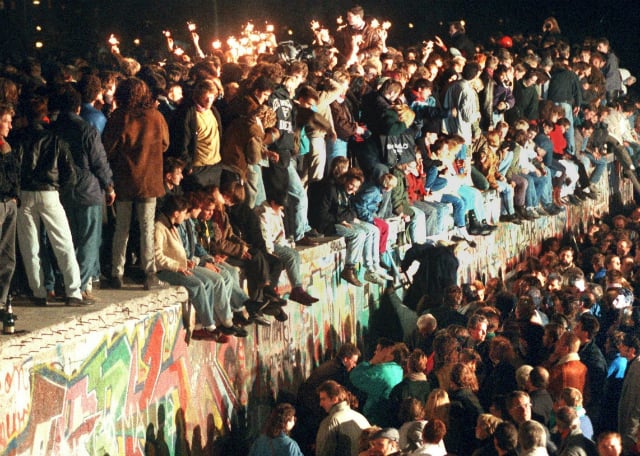
‘It was the happiest day in German history,’ she told me at the time. ‘People were just so amazed at seeing that and no one really thought it would actually happen and guck mal – there it was. It was very emotional at the time and I guess I still am too,’ she would say.
READ ALSO: ‘There was a human tide moving’: Berliner remembers crossing the Wall
For Oma and many other German-Canadians I grew up around, Unity Day felt a little less momentous than November 9th. To them, October 3rd was an important day to observe, but conjured up a few less emotions.
‘November 9th suddenly made the dream of having a unified Germany again seem possible,’ my teacher at Calgary’s German-Canadian Club told me years ago. ‘By the time it was actually official, it just seemed like the final step of something that had been going on for a while already.’
To my Oma, my teacher, and others I grew up around who remembered that time – German reunification seemed inevitable within days of the Wall falling. But it wasn’t necessarily guaranteed. Even after the Wall fell, the DDR and BRD remained separate countries at first.
The months between November 9th, 1989 and October 3rd, 1990 were momentous – and saw several additional events that would pave the way for reunification.
On March 18th, 1990, the DDR would hold its first – and only – free and democratic elections. Won by the East German Christian Democrats, their leader Lothar de Maiziere served as GDR Premier until reunification on October 3rd.
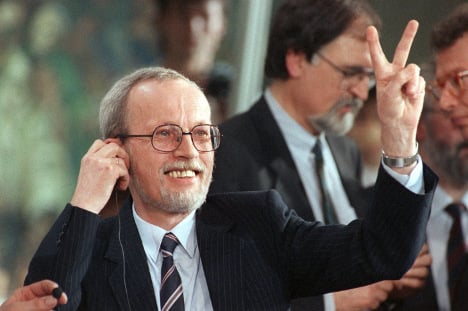
In Spring 1990, Bonn and Berlin agreed to convert the East German Ostmark – which was practically worthless at the time – to the West German Deutschmark on a largely 1 for 1 basis, with most salaries, prices, and savings being converted straight over.
Finally, the process for legal reunification took months, with the signing of an economic and currency union, the reconstituting of the five eastern federal states that had been abolished in communist times, the official reunification treaty, and the treaty that saw the WWII allies renounce all rights and responsibilities in Germany.
READ ALSO: What unity means to eastern Germans
At the stroke of midnight on October 3rd, 1990 – a reunified Germany became a fully sovereign state for the first time since WWII. That was thanks in large part to both political will and legal work in the months immediately following the Wall’s fall.
Although it seems so normal now, reunification was never guaranteed, which is part of why October 3rd enjoys and deserves its own special commemoration.
November 9th – German history’s double edge
The other major reason why October 3rd serves as Germany’s national day instead of November 9th is that November 9th, while associated with the happy elation of witnessing the Berlin Wall crumble, is also linked to many other momentous – and often solemn – historical commemorations.
On November 9th, 1918, Kaiser Wilhelm II abdicated. Within hours, the Social Democrats and the Communist Party both declared the Weimar Republic and a ‘free, socialist republic,’ respectively. It would serve as the first sign of political instability that eventually allowed the Nazis to take power.
On November 9th, 1923, Adolf Hitler attempted a coup that started in a Munich beer hall. He was arrested and wrote Mein Kampf during his time in jail.
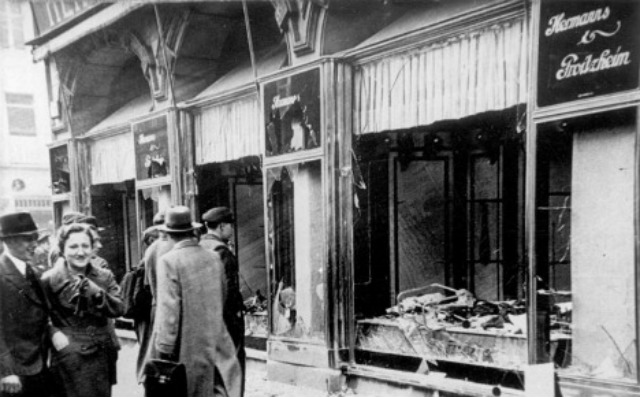
And on November 9th, 1938, Jewish businesses and synagogues were violently targeted during Kristallnacht, or the “Night of Broken Glass.” At least 90 Jews were killed and 30,000 sent to concentration camps, including Dachau, Buchenwald, and Sachsenhausen.
As happy as November 9th, 1989 was, commemorating it as Germany’s national day would be problematic given the other solemn observances attached to it, which is also part of why October 3rd was chosen.
READ ALSO: Why November 9th is a fateful day in German history
What days does October 3rd replace?
Both East and West Germany had national holidays before reunification. The DDR observed ‘Republic Day’ on October 7th, the anniversary of its founding in 1949. Before 1990, the BRD commemorated June 17th, or the anniversary of the East German uprising in 1953.
October 3rd replaced both days as the national day of celebration.
Where can you celebrate it?
Unity Day is a national holiday with celebrations readily found around the country.
In Bavaria, Oktoberfest remains open until October 3rd partly to mark the occasion. In Berlin, festivities are readily found around the Brandenburg Gate.
However, each year, a major city plays host to official celebrations and the Unity Day Bürgerfest, or ‘Citizen’s Festival.’ The host city is in the federal state presiding over the Bundesrat – Germany’s upper legislative chamber – that particular year.
For 2023, Hamburg is hosting the big event.

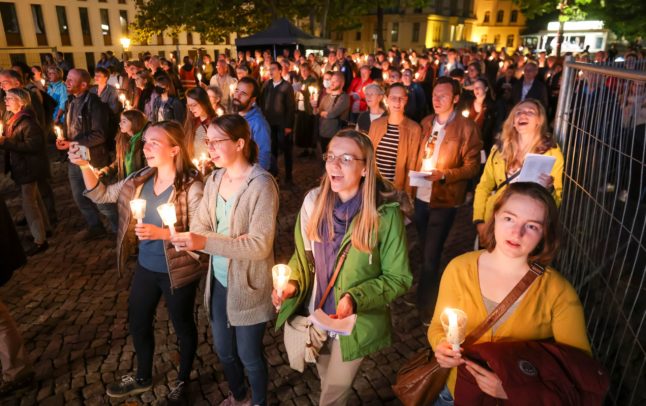
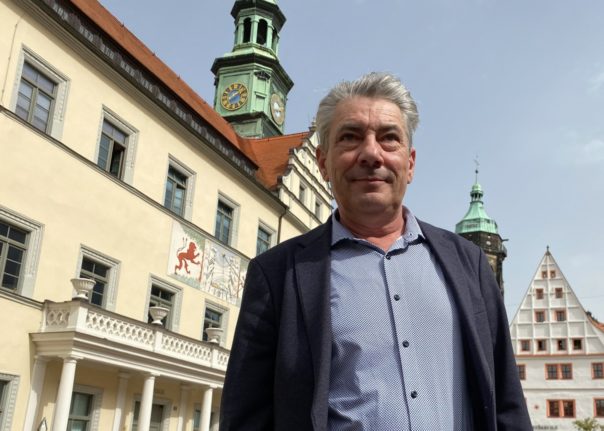
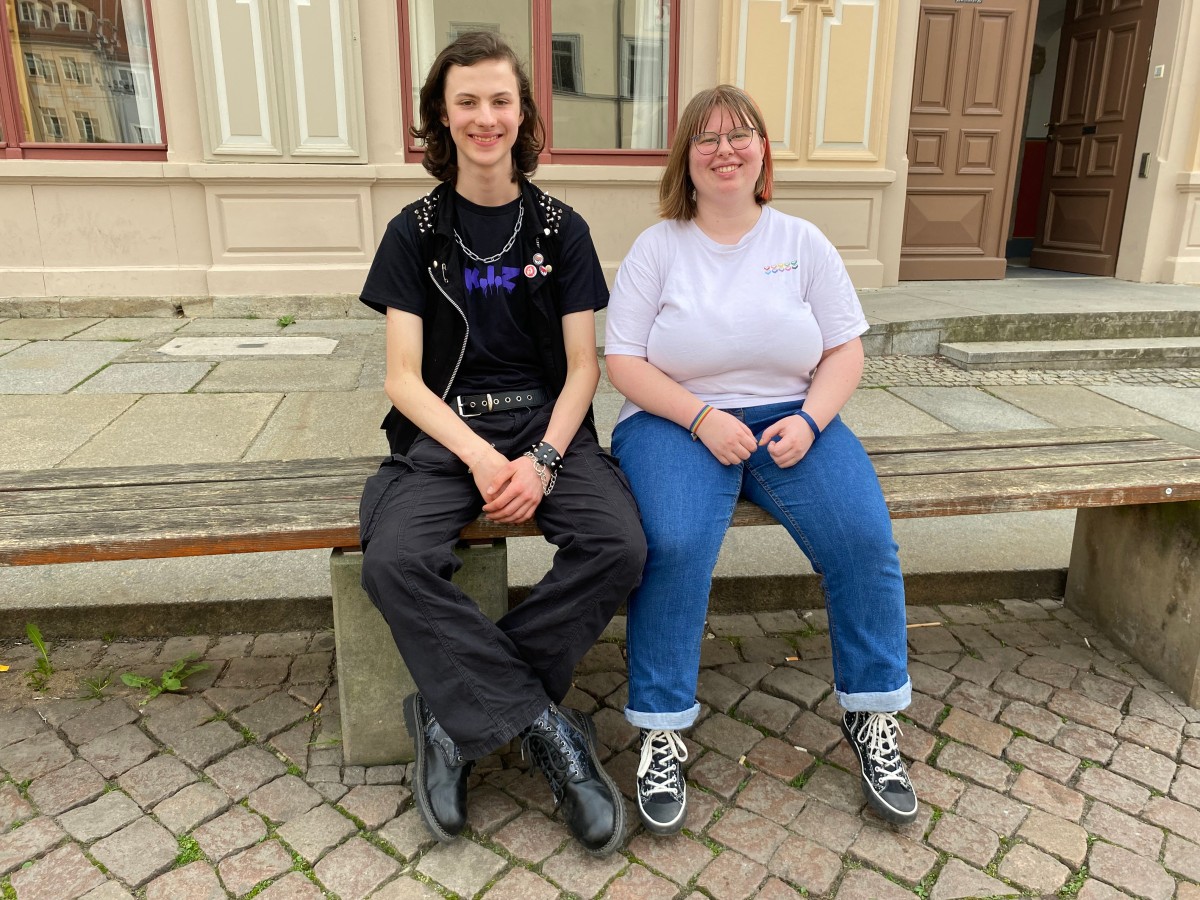
 Please whitelist us to continue reading.
Please whitelist us to continue reading.
Member comments